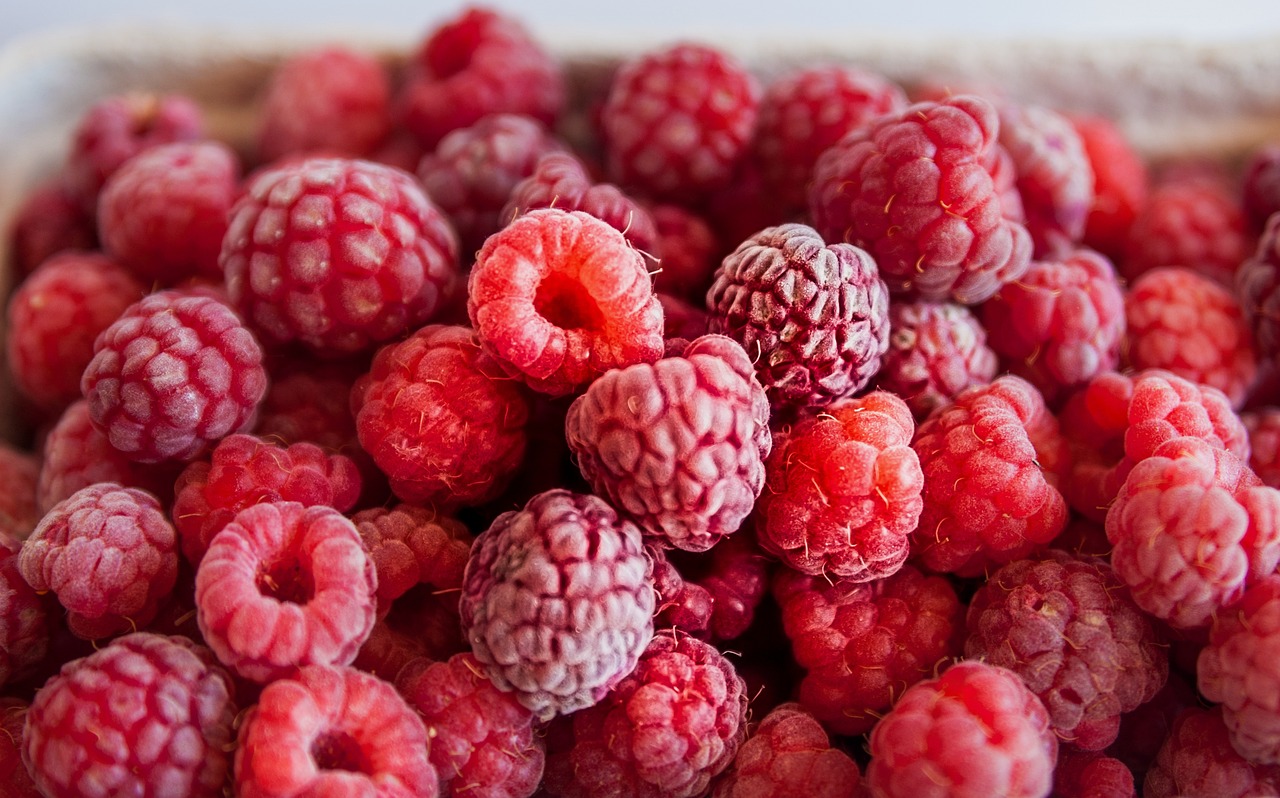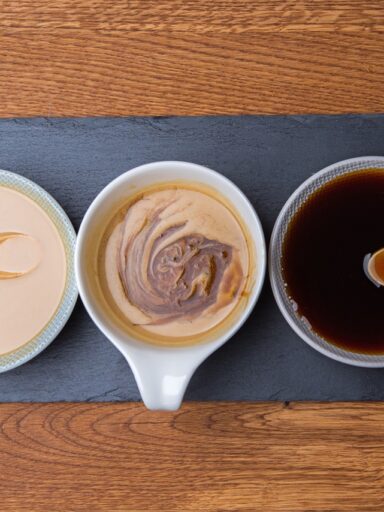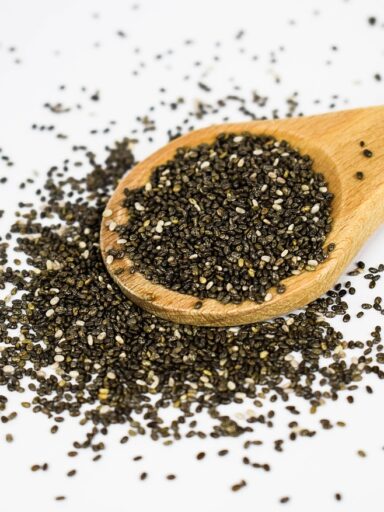Raspberries are small, bright berries that are not only delicious but also packed with health benefits. But what makes them such a valuable addition to our diet?
Vitamins and Minerals
Raspberries are rich in essential vitamins and minerals that play important roles in maintaining our health:
- Vitamin C: Raspberries are an excellent source of vitamin C, a potent antioxidant that helps in collagen synthesis, boosts the immune system, and aids in the absorption of iron.
- Vitamin K: This vitamin is vital for blood clotting and bone health.
- Manganese: Essential for bone development and metabolism, manganese is found in significant amounts in raspberries.
- Magnesium and Potassium: These minerals are crucial for heart health, muscle function, and overall cellular processes.
Raspberries are also packed with various antioxidants, including:
- Anthocyanins: These are the pigments that give raspberries their rich red color. Anthocyanins have been shown to have anti-inflammatory and anti-cancer properties.
- Ellagic Acid: Found in high concentrations in raspberries, ellagic acid is known for its potential to prevent cancer by inhibiting the growth of cancer cells and promoting apoptosis (programmed cell death).
- Quercetin and Kaempferol: These flavonoids have anti-inflammatory, anti-viral, and anti-cancer properties.
Phytochemicals
Phytochemicals are bioactive compounds found in plants, and raspberries are a rich source of these:
- Tannins: These compounds have astringent properties and can help in reducing inflammation and protecting against infections.
- Catechins: Known for their antioxidant properties, catechins can help reduce oxidative stress and improve cardiovascular health.
- Resveratrol: Although more commonly associated with grapes, raspberries also contain resveratrol, which has been linked to anti-aging and heart-protective benefits.
Ellagitannins
Ellagitannins are a type of polyphenol found in raspberries that are broken down into ellagic acid in the digestive system. These compounds have been shown to:
- Prevent Cancer: Ellagitannins and ellagic acid have anti-cancer properties, particularly against breast, colon, and prostate cancers.
- Protect Heart Health: They help in reducing inflammation and oxidative stress, both of which are risk factors for heart disease.
Raspberries pack a ton of fiber, antioxidants, and phytochemicals that work synergistically to promote health and prevent disease. The next time you enjoy a bowl of raspberries, I want you to think about the ellagitannins and the phytochemicals in them. Jk but it’s pretty cool how nature has created natural medicine that tastes good too.



